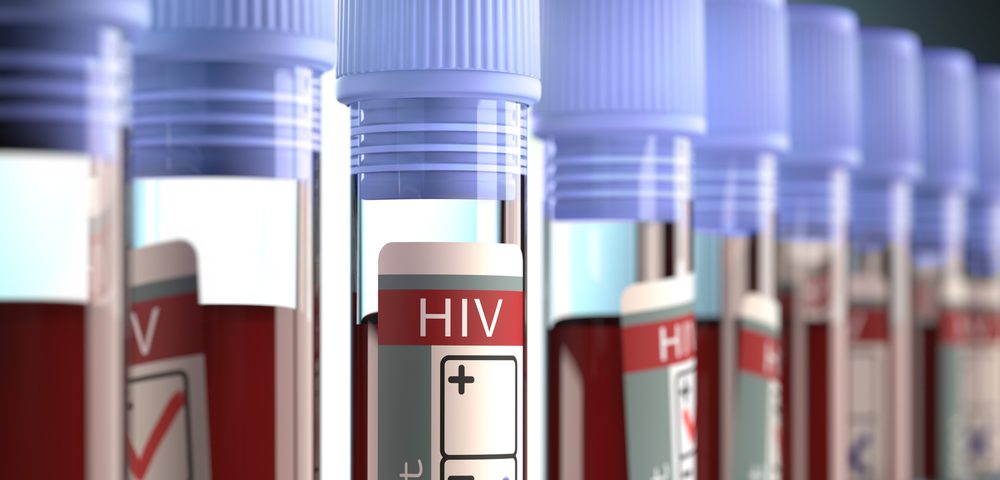A new meta-analysis has identified several strains of human papillomavirus (HPV) that may warrant special attention for women infected with HIV.
The study, “Carcinogenicity of human papillomavirus types in HIV-positive women: A meta-analysis from HPV infection to cervical cancer,” was published in Clinical Infectious Diseases.
Immunodeficiency associated with HIV infection is believed to adversely affect the health of women who also have HPV. Not only are women with HIV believed to have an increased risk of acquiring an HPV infection, the risk of developing cervical intraepithelial neoplasia (also known as dysplasia, a precursor to cervical cancer) is higher in HIV-positive women who are infected with both viruses.
Less clear, according to the researchers, is which HPV genotype strains pose a higher cancer risk. Currently, there are no specific treatment recommendations for women with HIV who have a certain HPV genotype.
To determine what HPV strains are particularly dangerous, researchers conducted a systematic literature review and meta-analysis of the distribution of high-risk HPV types in 19,883 HIV-positive women. By using a large, systematic review, they aimed to uncover more details about the relationships of HPV genotypes and HIV-positive women infected with HPV.
Data from 86 studies worldwide were incorporated into their study. The cytology data revealed a wide range of test results, from healthy cells to invasive cervical cancer (ICC) cells. A large percentage of women infected with HIV and almost all ICC cases were study participants from Africa.
HPV strains 16, 18, and 45 accounted for a large proportion of invasive cervical cancer cells compared to normal cell cytology. The results suggest that HIV-infected women who test positive for these HPV strains have a higher risk of developing cervical cancer.
The World Health Organization recommends HPV screening and treatment protocols without regard for HIV status. The researchers point out that while the absolute risk of cervical cancer may be higher in HIV-infected women with an HPV infection, knowing the strain of the HPV is important when assessing the risk level of acquiring the disease.
“The risk stratification offered by partial HPV genotyping tests still have relevance to HIV-positive women and may be of particular utility to prioritize diagnostic workup of [women with HIV] in low infrastructure settings,” the authors concluded.

